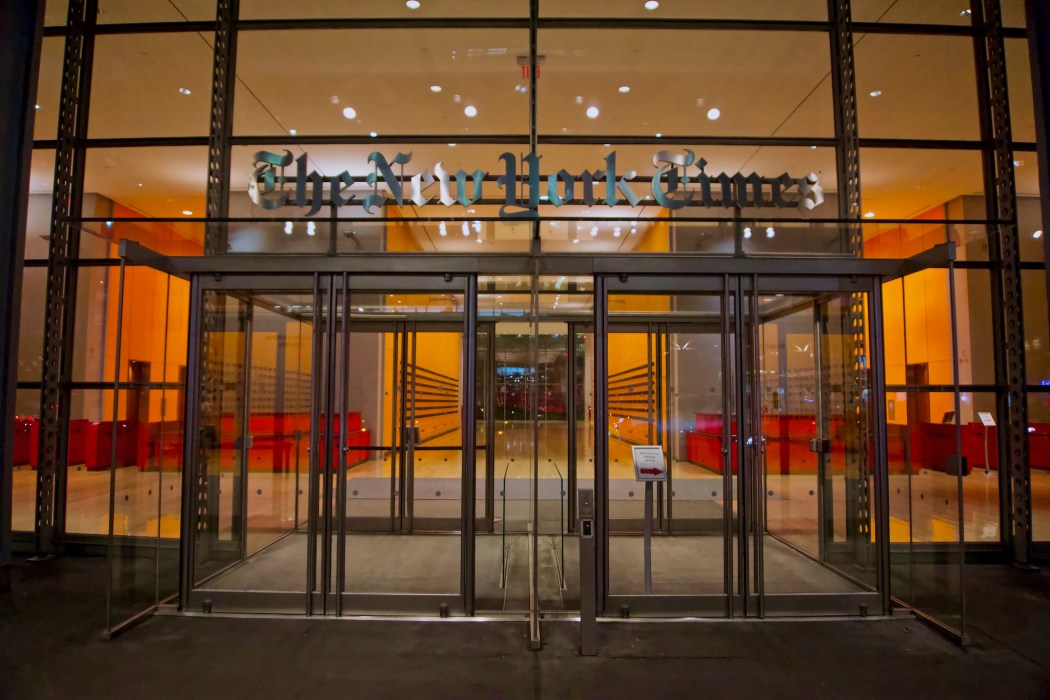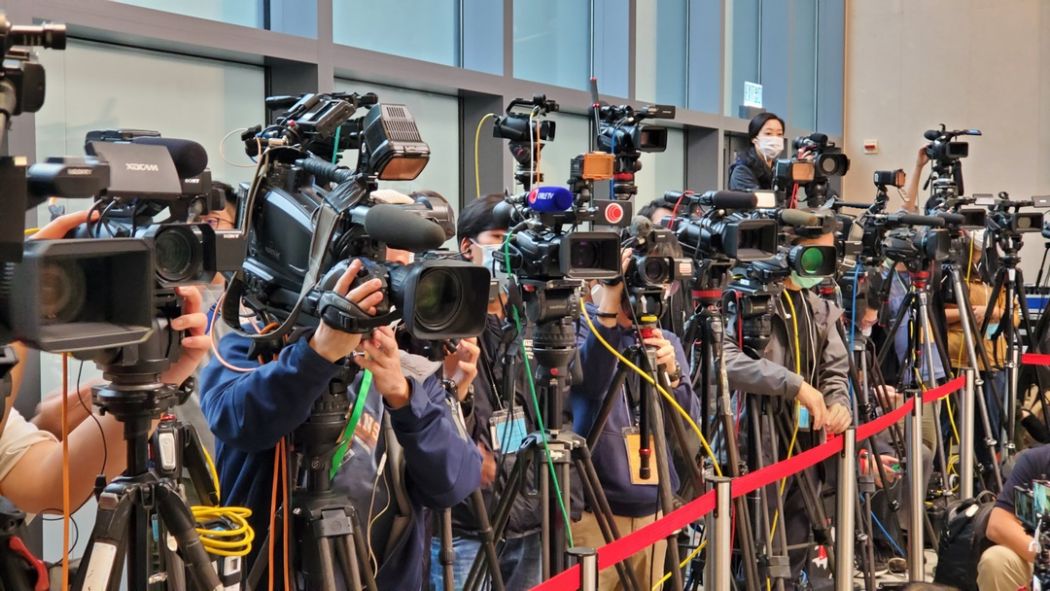With the United States’ presidential election heading towards its conclusion, President Trump has continued his administration’s offensive against China. In both speeches and television interviews, Trump continues to blame Beijing for the coronavirus and plays up his tough stance over trade.
He has singled out China as the major foreign threat to the United States when asked. Trump’s goal is to level the playing field with China, which he sees as taking advantage of the US.

Beijing, meanwhile, continues its tough posture with the United States over trade between the two countries. Simultaneously China is working to shore up its partnerships with other countries and cement its claim to large swathes of the South China Sea, and the natural resources found there.
Beijing is looking to cement its status as a global superpower, and challenge the United States for supremacy on the world stage.
This game of chess for top position on the world stage between Beijing and Washington is played with many pieces, but the pawns who seem to be most in the line of fire are journalists.
Since February the US State Department has taken steps to restrict Chinese media outlets in the US, including steps to limit their staff numbers and forcing some to register as foreign missions. Secretary of State Mike Pompeo says these measures are in order to limit the reach of Chinese government mouthpieces and their propaganda efforts. Beijing has fought back by expelling some journalists and not renewing the visas of others.
Last week the United States moved to designate six more Chinese media groups as foreign missions, bringing the total number to 15. Those added to the list this time were the Yicai Global, Jiefang Daily, the Xinmin Evening News, Social Sciences in China Press, the Beijing Review and the Economic Daily.
But another move in the game is the proposed new rules over visas that The Department of Homeland Security released in late September for “international students, exchange visitors, and foreign information media representatives to encourage program compliance, reduce fraud and enhance national security.”
For foreign journalists, the change in rules would mean that their visas would be limited to a maximum of 240 days. While they can apply for an extension, that one extension would only be for another maximum of another 240 days. The proposed rules do not mention multiple extensions being possible.
This news of the six media groups being made to register as foreign missions was followed by the now usual reaction by Beijing, this time requiring The Los Angeles Times, Newsweek, Feature Story News, the American Broadcasting Corporation (ABC), The Bureau of National Affairs and Minnesota Public Radio to report to Beijing about their staffing, finances and real estate holdings.
These are basically the same requirements placed on Chinese media firms on the list by American officials. Whether Beijing will also expel more journalists remains to be seen but can’t be excluded.
These tit-for-tat moves over journalists between Washington and Beijing can be seen as a way for both countries to trade jabs at each other on the fringes of the larger trade issues at stake. But the more I think and read about all that has occurred since February, the more I realize that it can also be seen as a much wider front in the war, if not the most important one.

Who controls the flow of information wields enormous power. Those who control who sees and reads what and when, while shaping how it is presented, can frame events to their liking, disregarding bad news entirely, or explaining why things are as they are in a way to best suit their needs at the time.
Beijing wants nothing more than to control how China is seen not just inside its borders, but also around the world. Beijing is being handed a reason to expel journalists, to further tighten its grip on how it is covered and to control what information gets out.
Yes, Beijing loses some of its government-backed propaganda abilities in the United States. But I can’t imagine they consider that a great loss compared with what they must see as their greater control of what gets out in the first place.
And while it clamps down on foreign journalists reporting from inside the country, Beijing’s attempts to frame how it is seen on the world stage continue to expand even outside of traditional news outlets.
It did this earlier this year by using its influence to remove photographs of the protests in Hong Kong from the SONY World Photography Awards. Beijing just did it again by apparently applying some pressure to have the World Press Photo exhibition in Macau, which again showed photographs of the Hong Kong protests, shut down early.
President Trump has railed against the free press in the United States. He has been known to jeer at journalists at his rallies, backed by his supporters, to call stories he doesn’t like “fake news” and to disparage what reporters write.
But he does not have absolute power over the press by any stretch of the imagination. Journalism is the only profession enshrined in the US Constitution, and despite his ranting, there is not much he can really do to silence the press. Which is why no matter what he says, the press in the United States continues the work that it does, sometimes in spite of what he says.
The lesson for Beijing is that no matter how many journalists they expel, and no matter how hard they clamp down on the press, they will never be able to control everything. As their grip tightens, it will be the dogged journalists who will find the stories like grains of sand that slip through their fingers.
This will become harder, and some reporting will have to be done from outside of China’s borders from a potentially shrinking list of sources from within, but the facts always get out, some people will always talk, and the stories are always told thanks to those who go to extreme lengths when necessary to get them.

How the presidential election in the US will change the trade war and information war between Washington and Beijing, and its effects on the global stage, are not yet clear. A lot depends on the outcome on November 3rd. But no matter how that turns out, the journalists will still be there, doing their jobs. When it is all over, no matter which party is in power, the stories will continue.
Support HKFP | Policies & Ethics | Error/typo? | Contact Us | Newsletter | Transparency & Annual Report | Apps
| HKFP is an impartial platform & does not necessarily share the views of opinion writers or advertisers. HKFP presents a diversity of views & regularly invites figures across the political spectrum to write for us. Press freedom is guaranteed under the Basic Law, security law, Bill of Rights and Chinese constitution. Opinion pieces aim to point out errors or defects in the government, law or policies, or aim to suggest ideas or alterations via legal means without an intention of hatred, discontent or hostility against the authorities or other communities. |
Help safeguard press freedom & keep HKFP free for all readers by supporting our team

More HKFP OPINION:
HKFP has an impartial stance, transparent funding, and balanced coverage guided by an Ethics Code and Corrections Policy.
Support press freedom & help us surpass 1,000 monthly Patrons: 100% independent, governed by an ethics code & not-for-profit.










